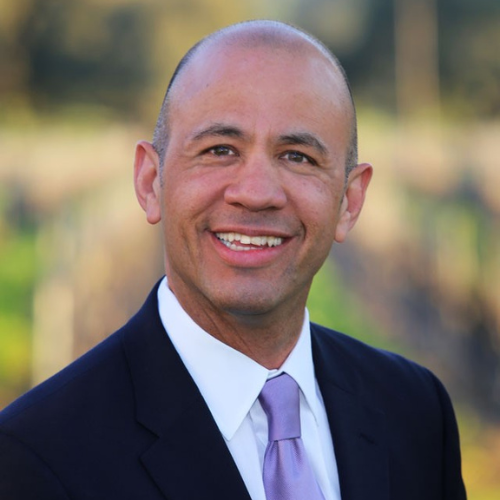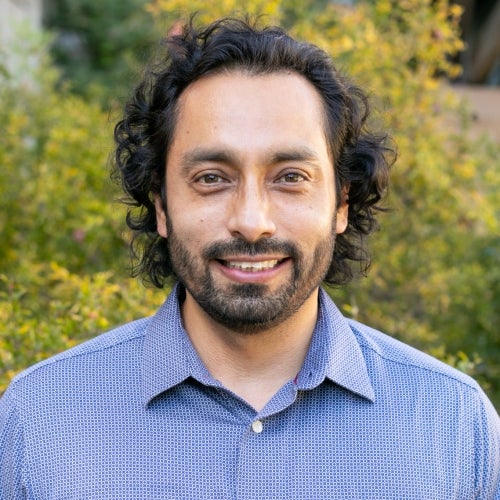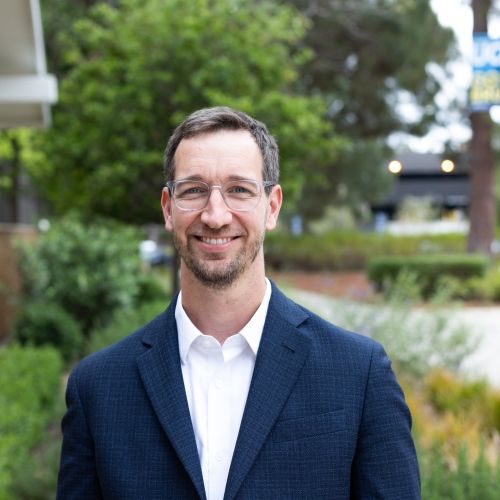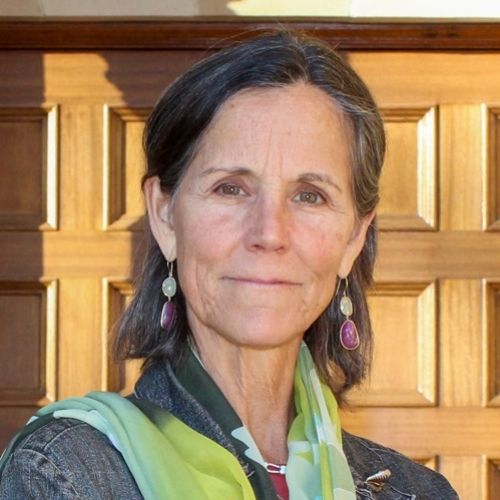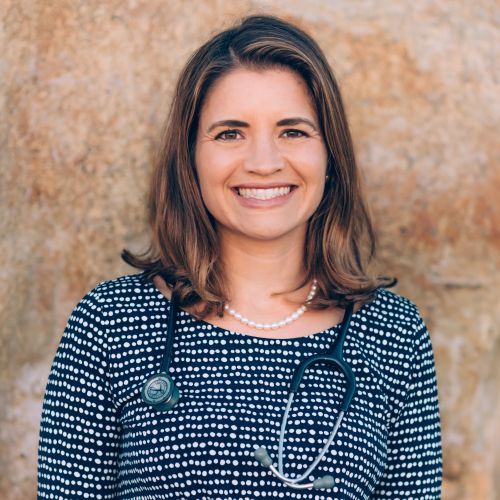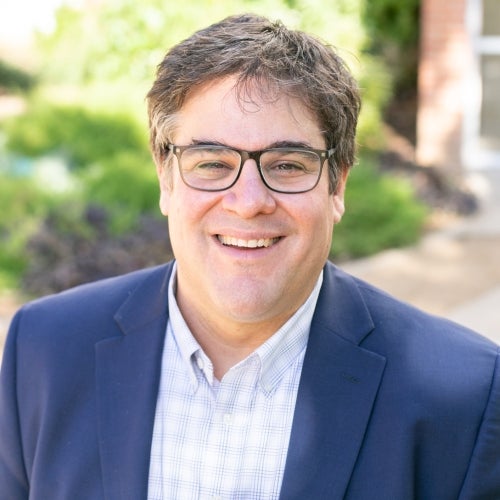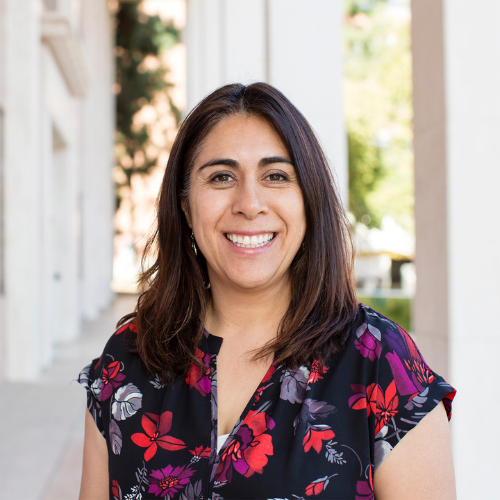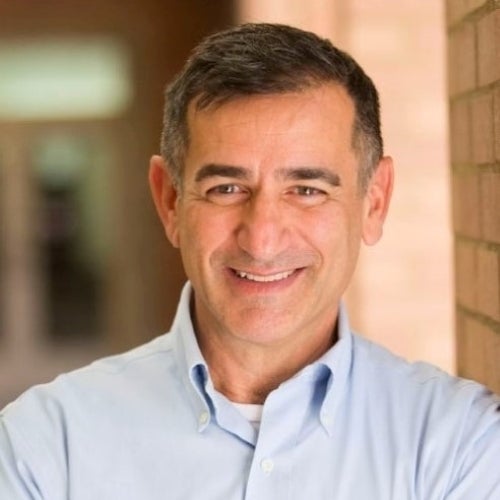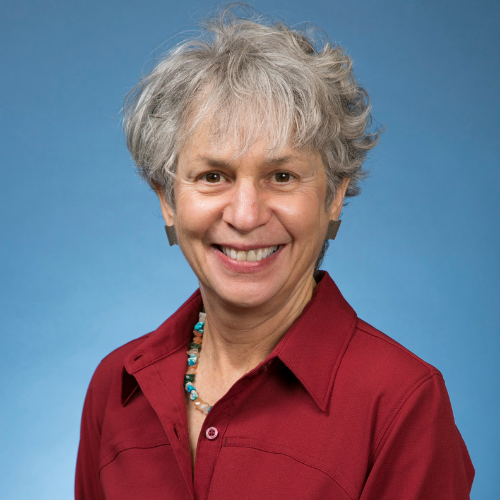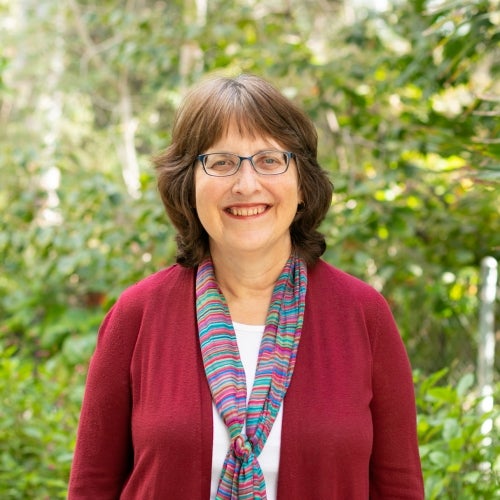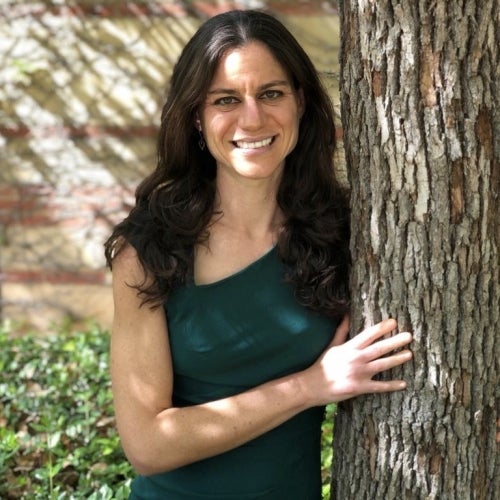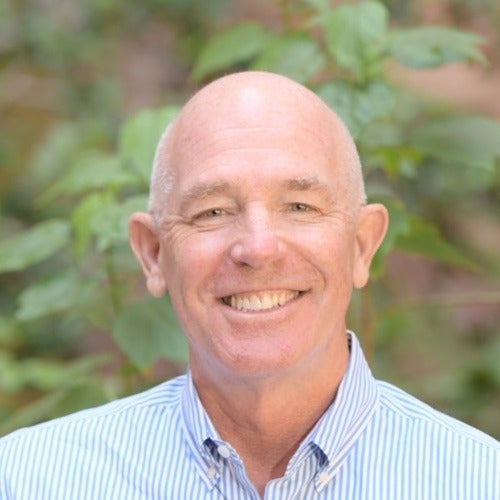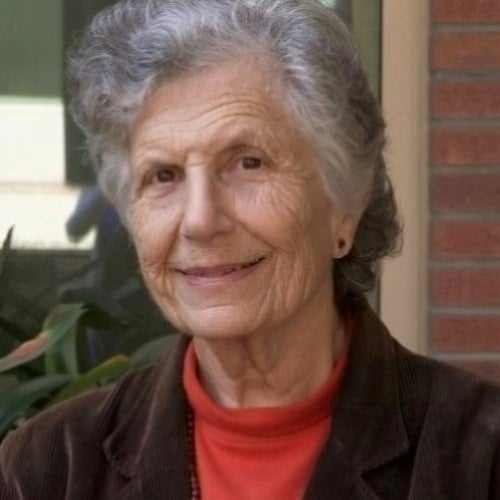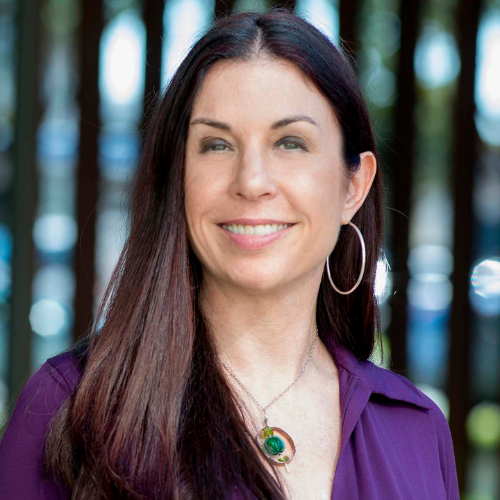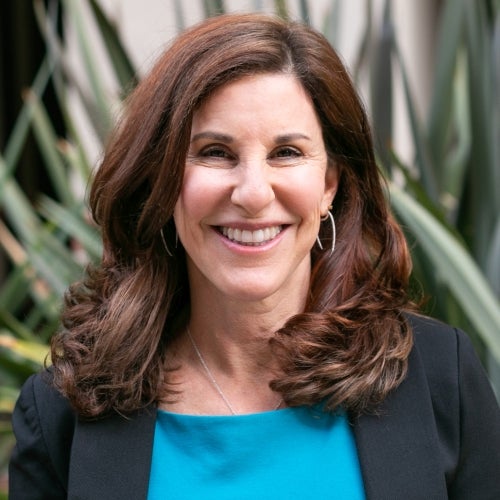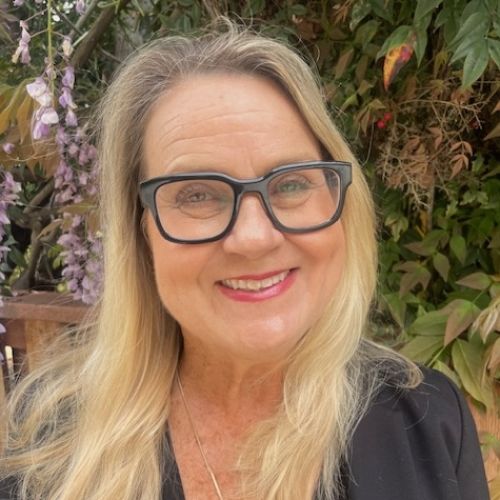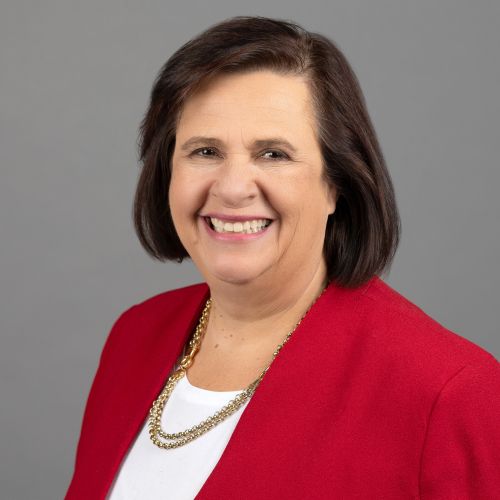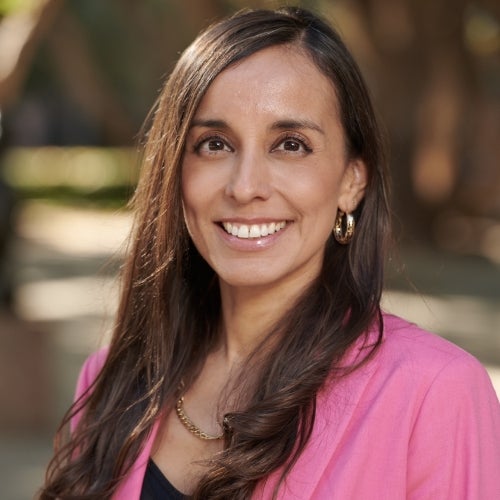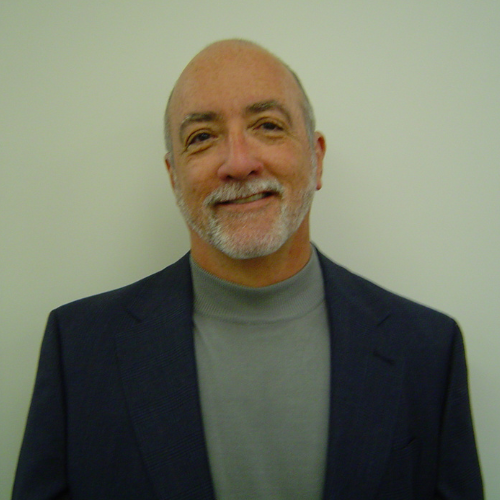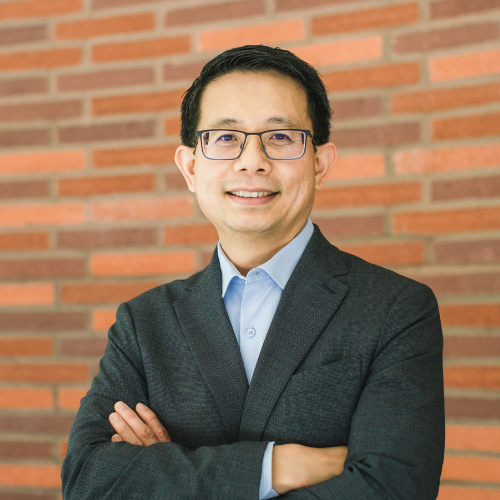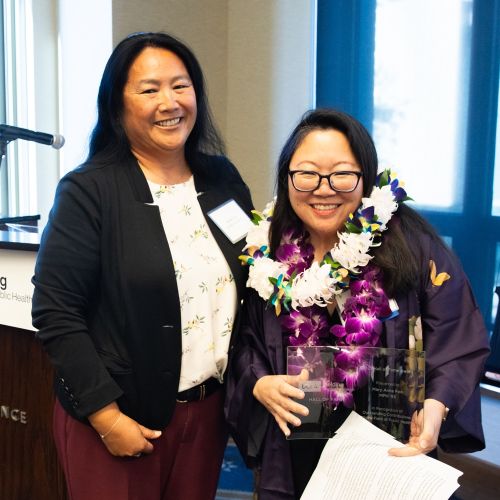"Lives cut short: COVID-19's heavy burden on older Latinos"
U.S. News & World Report interviewed Dr. Michael Rodriguez about how the pandemic has eaten away at the Latino edge in life expectancy.

In December 2020, about 10 months into the COVID-19 pandemic, Javier Perez-Torres boarded a bus from Los Angeles to Tijuana, Mexico, to buy a bracelet for the upcoming birthday of one of the five granddaughters who lived with him and his wife. Perez-Torres, 68, a Mexican immigrant, liked the selection of inexpensive jewelry available in the city just south of the U.S. border, so he made the trek, which lasted more than four hours round-trip.
Perez-Torres wore a mask on the bus. But shortly after he returned to his family’s apartment in the working-class neighborhood of Boyle Heights, just east of downtown Los Angeles, he fell ill with COVID-19. He suffered from a high fever, a hacking cough and body aches. His wife, Alicia Miron, and their five granddaughters also contracted COVID-19, but none became as ill as the patriarch, who ended up at nearby White Memorial hospital.
For more than a month, Miron went to the hospital to see her husband, who’d been intubated. But nurses – following COVID-19 safety protocols – wouldn’t let her in. She’d sit on a bench outside the hospital for hours, then go home, and repeat the process.
Faculty Referenced by this Article

Assistant Dean for Research & Adjunct Associate Professor of Community Health Sciences

Professor of Community Health Sciences & Health Policy and Management, and Associate Dean for Research

Robert J. Kim-Farley, MD, MPH, is a Professor-in-Residence with joint appointments in the Departments of Epidemiology and Community Health Sciences
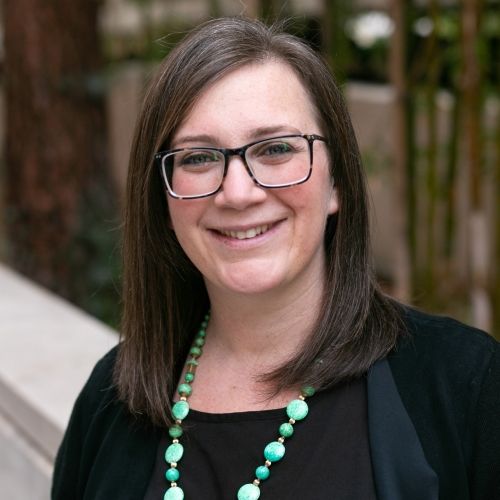
Director of Field Studies and Applied Professional Training
